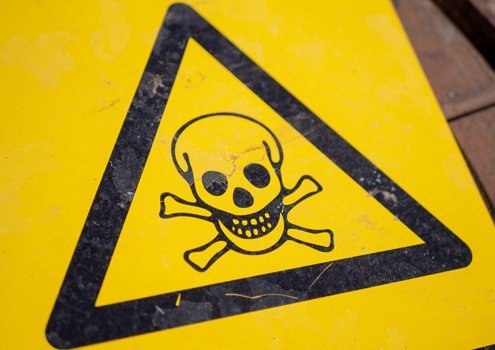Reading time: About 1 minute
Writers are often told they should join a critique group. I have never done this because I know when critiques become dangerous…
Some writers get a great sense of satisfaction from belonging to a writing group. I don’t.
While I’m 100% in favour of peer support, I think most people are treading on dangerous ground when they open their work to criticism from other writers. Other writers are sometimes petty, often jealous and have different axes to grind than you do.
Me? I like writing groups for accountability only. Sure, meet with your peers to discuss the challenges — and satisfactions — of producing 500 words a day, or whatever goal you have settled upon. Share tips and techniques for boosting your own productivity. But don’t ask them for anything else.
Writer and blogger Anne Allen offers some excellent advice about this issue in a recent column under the headline “10 Dangerous Critiques: Beware Misguided Writing Advice.”
Here is some of her excellent advice:
“Never let one person’s opinion change your work in progress. Never make revisions based on advice from someone who doesn’t know your genre. Beware the Dunning Kruger effect. (That’s where the most confident people are often the most ignorant on the subject.)”
She then goes on to outline the 10 sources of the most dangerous critiques. Read her piece!
If you want feedback, I suggest using beta readers. These are people you hand-select to read your manuscript as readers (not editors). Get at least six of them and take their advice with a grain of salt. But if at least half of them make exactly the same criticism, you should probably consider it seriously.
Finally, hire a professional editor. This step is essential if you intend to self-publish your work but it’s also a very good idea if you want to find an agent or take your manuscript to a publishing house. You get what you pay for and so-called “free criticism” always comes at a price.


